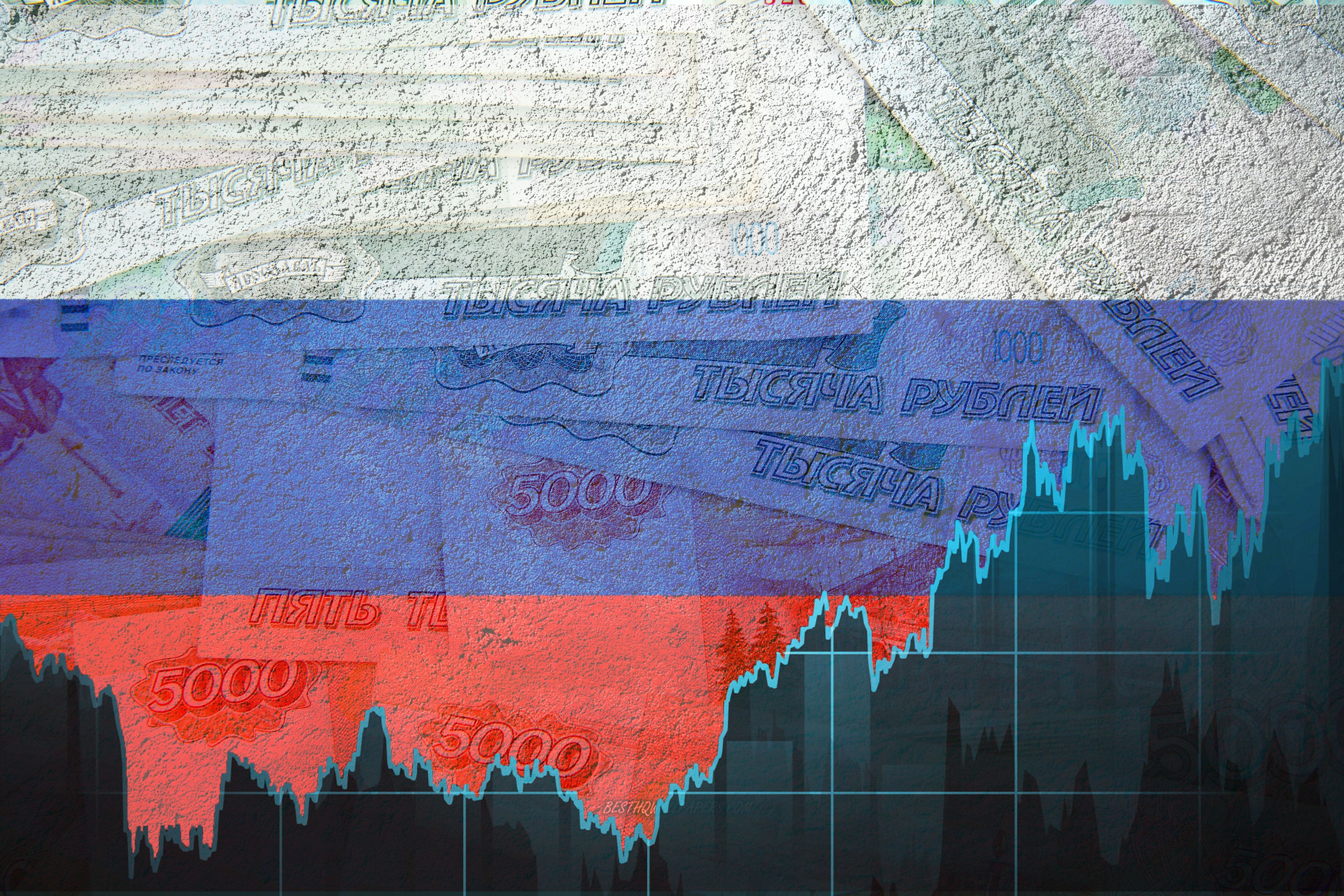Russian Ministry of Finance Seeks to Clarify Crypto Taxation for Individuals and Businesses
Understanding Russia's Move Towards Crypto Taxation Clarity
The Russian Ministry of Finance is taking significant steps to clarify the taxation policies surrounding cryptocurrencies for both individuals and businesses. As the digital currency market evolves, the need for clear regulatory frameworks becomes increasingly essential. This move is aimed at providing a structured approach to managing crypto assets, ensuring that all participants in the market understand their tax obligations.
Russia, like many countries, is grappling with the rapid rise and integration of digital currencies into its financial systems. The Ministry's initiative is a response to the growing demand for transparency and consistency in how these assets are taxed. By doing so, the Ministry hopes to foster a more stable and predictable environment for crypto investors and businesses operating within the country.
Key Areas of Focus for the Ministry
The Russian Ministry of Finance has highlighted several key areas where clarity is needed. These include defining what constitutes a taxable event in the realm of cryptocurrencies, establishing guidelines for reporting and valuation of digital assets, and setting precise tax rates applicable to different types of crypto activities.
Defining Taxable Events
One of the primary challenges is identifying what transactions or events should trigger a tax obligation. This includes determining whether activities such as trading, mining, or receiving payment in cryptocurrencies should be considered taxable. The Ministry aims to provide detailed guidance on these matters to eliminate ambiguity and ensure compliance.

Guidelines for Reporting and Valuation
Another important aspect of the Ministry's efforts is to develop clear reporting guidelines. This will involve establishing methods for accurately valuing cryptocurrencies at the time of transactions. Given the volatile nature of digital currencies, this is a crucial step in ensuring that tax assessments are fair and reflective of true market conditions.
Implications for Businesses and Individuals
The impact of these regulatory changes will be significant for both individual investors and businesses. For businesses, understanding and adapting to these new taxation rules will be essential in maintaining compliance and avoiding potential penalties. Companies involved in crypto transactions will need to update their accounting and reporting practices accordingly.
For individual investors, clarity in crypto taxation means a better understanding of their fiscal responsibilities. This may involve keeping detailed records of all crypto transactions and understanding how different activities are taxed. The Ministry's guidelines will serve as a roadmap for individuals navigating the complexities of crypto investments.
Looking Ahead: The Future of Crypto Regulation in Russia
As Russia seeks to establish itself as a major player in the global crypto market, creating a robust regulatory framework is crucial. The Ministry of Finance's initiative marks an important step towards achieving this goal. By providing clear guidelines, Russia aims to attract more crypto-related activities while ensuring that its tax system remains robust and equitable.
The broader implications of these regulations could resonate beyond Russia, influencing other countries' approaches to crypto taxation. As digital currencies continue to gain traction worldwide, the need for comprehensive regulatory frameworks will only increase, making Russia's efforts particularly noteworthy in the global context.
